Peta Credlin: Why we will never need our own head of state
I don’t think I am the only one who is happy to have watching the coronation of King Charles III rather than the swearing-in of a President Rudd or President Turnbull, writes Peta Credlin.
Peta Credlin
Don't miss out on the headlines from Peta Credlin. Followed categories will be added to My News.
This weekend’s coronation fever has driven numerous prominent Australians to stress that they’re still republicans at heart, even if they’ve slipped off to London to experience first hand this once-in-a-lifetime event.
Australia’s principal representative, the Prime Minister himself, quite properly told British media that, of course, he’d be reciting the oath of allegiance because we remain a democracy under the Crown.
But he went on to say, as so many other coronation enthusiasts have, that notwithstanding his presence in Westminster Abbey, “Australia should have an Australian head of state”.
Indeed, it’s this assertion that we don’t have, and have never have had an Australian as our head of state that constitutes the heart of the Republican push. And boy, they never give up!
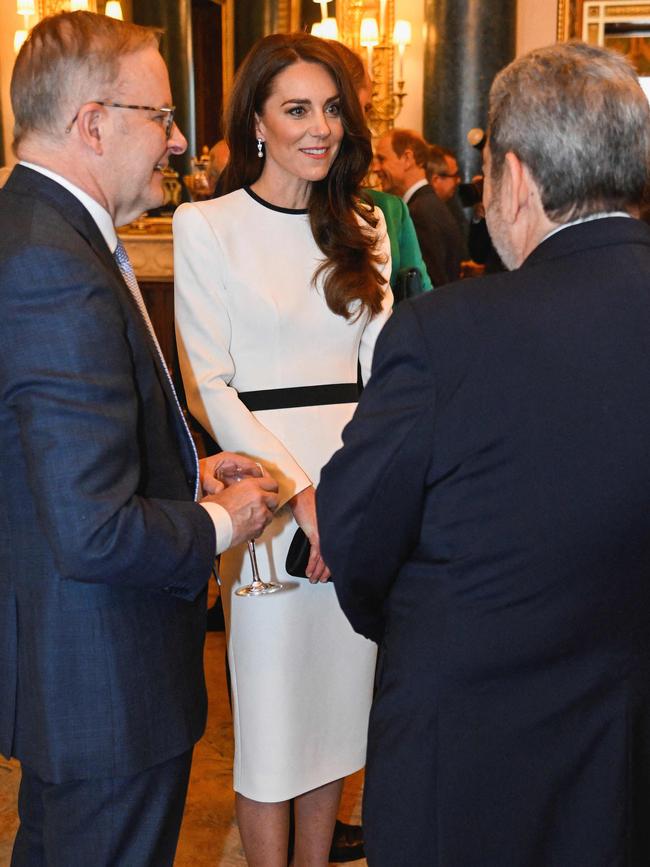
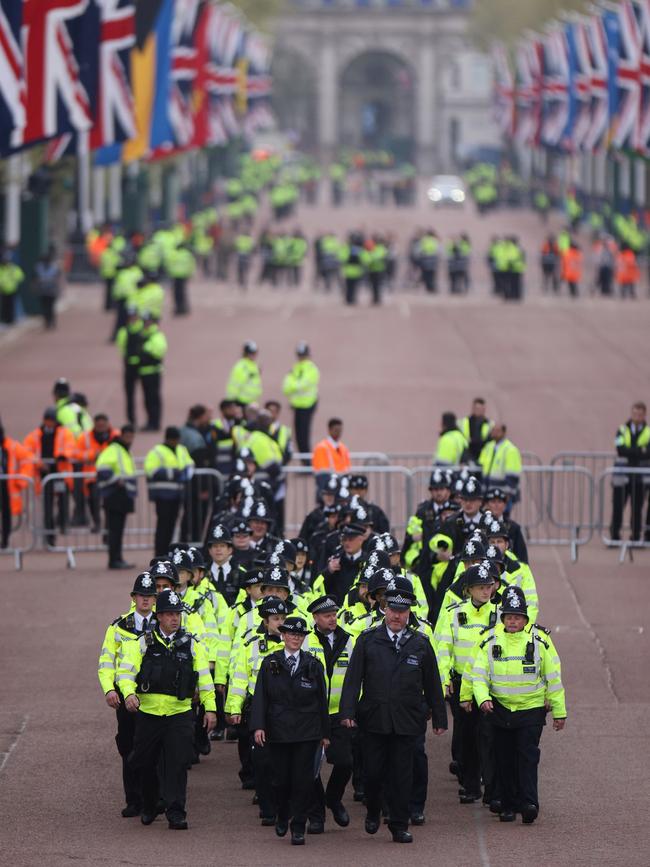
If you take the time to read our Constitution, our country’s birth certificate, and its ultimate rule book, you’ll find no reference to a head of state.
The term “head of state” really belongs to diplomacy, not constitutional law. It is part of the “precedence rules” that officials use to determine who gets the highest recognition, country by country.
Hence, the distinction between “head of state” and “head of government”; in the US it’s one and the same, but not in countries with a monarch or a non-executive president, such as Ireland.
In any event, as our High Court declared in 1907, with Justice Edmund Barton delivering the judgment of the court, in the case of the King versus the Governor of South Australia, the governor, quote, “must be regarded as acting in the capacity of the constitutional head of the state”.
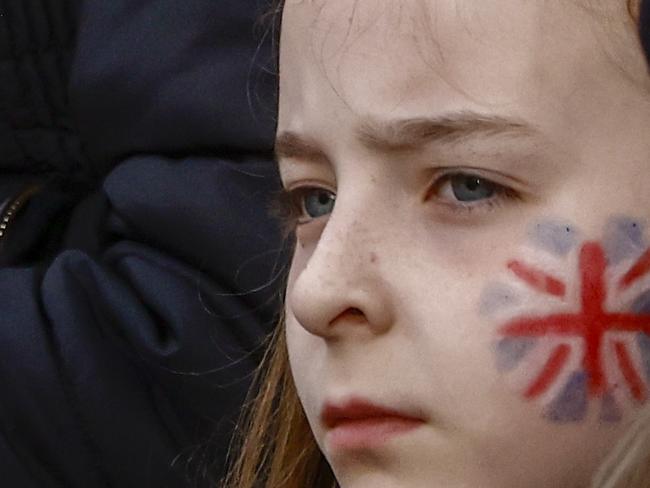
The court went on to describe the governor-general as the “constitutional head of the commonwealth”.
At different times, the official commonwealth government handbook has described the governor-general as Australia’s head of state and the governor-general is certainly treated as our head of state when he or she travels overseas.
This matters because it shows that the republican preoccupation with having an Australian head of state is much ado about almost nothing — because the governor-general, to all intents and purposes — is our head of state and the governor-general is now always an Australian.
To me, there have always been two problems with becoming a republic.
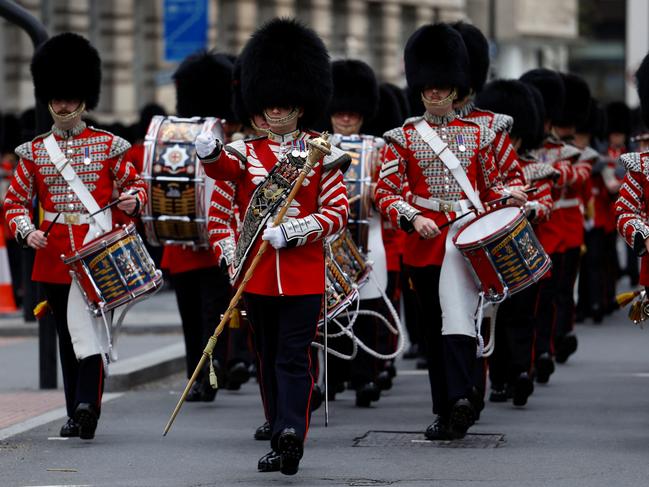
It would change our system of government. There’s a world of difference between having a governor-general appointed like a judge to represent the Crown, and a president, elected or selected like a politician, to represent the nation.
Inevitably, a president — certainly if directly elected by the whole people, and even if only selected by (say) a two-thirds majority of the parliament — would be a more activist figure than the governor-general.
A president, even one selected by a two-thirds majority of the parliament, would have an authority to rival the prime minister, who might only have a narrow majority in one house only.
I’d much rather keep a governor-general to act as a constitutional umpire in rare moments of crisis than have a president who could easily become a political competitor with the prime minister. Or, play political games.
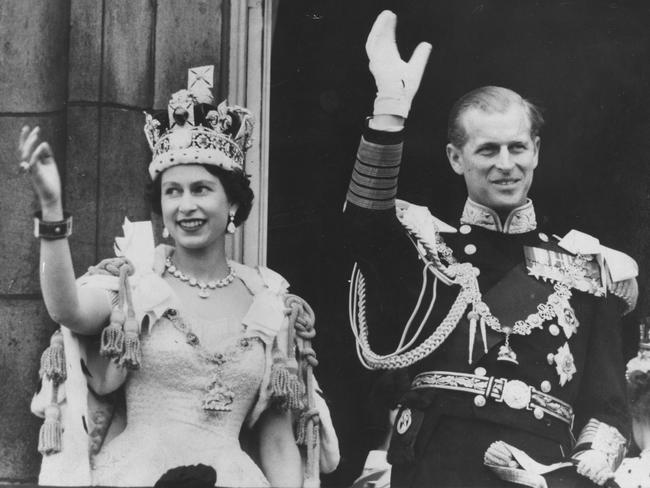
My deeper objection to becoming a republic is that there is something unique in this world of self-interest for someone to devote their entire life to serving others as the late Queen Elizabeth II did.
Whatever our previous instincts, it was hard not to be touched by the ceremony and the ritual of her funeral.
It was the end of an era but there was also a seamless transition from one reign to the next and the permeance of the Crown in that process was reassuring.
I know there is some focus on the palaces and finery, but I look at the official program of hundreds of charitable and community events every year, at the focus brought to unfashionable causes and, to be honest, at the sheer hard slog to do all that under intense media glare.
It’s a life of endless duty and service and we should be grateful the senior members of one family are prepared to endure it on our behalf and, in so doing, put the apex of our public life beyond partisan contention.
I don’t think I am the only one today who is happy to have seen the coronation of King Charles III rather than the swearing-in of a President Rudd or President Turnbull.
Pesutto says Deeming is in the clear, so why was she suspended?
Six weeks ago, Victorian Liberal leader John Pesutto tried to expel Moira Deeming for allegedly bringing the party into disrepute because she’d attended a women’s rights rally that was gatecrashed by neo-Nazis.
As the previously secret minutes of the party room meeting to expel her now show, Pesutto wanted to be rid of Deeming because her actions were causing “brand damage” and interfering with the party’s ability to prosecute cost-of-living and energy issues against the Andrews government.
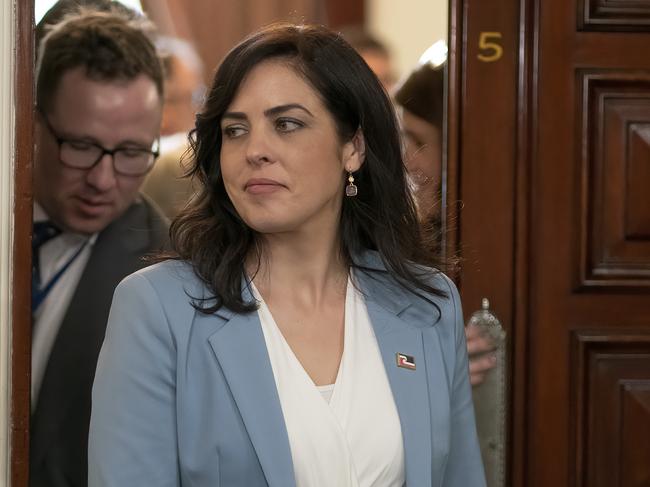
But even before Deeming made a powerful speech in her own defence, as the minutes reveal, Pesutto was struggling to get the numbers for expulsion.
MP Richard Riordan said “we cannot kick her out of the party on unjustifiable lies”, MP Bev McArthur said, “we are all entitled to a different opinion”. MP Brad Battin demanded an “option other than expulsion”.
MP Kim Wells said, “I cannot believe how badly this has been handled, John”.
MP Renee Heath said, “there is a toxic culture in this party and it must change”.
MP Nick McGowan said “labelling someone a Nazi … is like calling someone a murderer, a rapist or a paedophile”.
MP Chris Crewther said, “we must push against guilt by association”.
MP Joe McCracken said “we need to find another option that saves face for John but saves Moira”.
After Deeming’s speech, that’s exactly what the party room did, agreeing to a nine-month suspension, plus a “joint statement from the leader’s office” to “make it clear that no one was accusing Moira of being a Nazi or Nazi sympathiser”.
For six weeks, that statement was never forthcoming. Finally, after Deeming had hinted at seeking legal help to bring this to a head, Pesutto said on Thursday his initial attack on Deeming had never “accused her of being a Nazi or having Nazi sympathies”.
On Saturday, Deeming issued a media statement to draw a line under this fiasco. Despite some in the media reporting she was suing the party, Deeming said, “I have never considered suing the Liberal Party and reports that I have, or planned to do so, are false”, confirming in her statement that she had told this to the Victorian Liberal Party president, Greg Mirabella, on Thursday.
With now the official minutes and Pesutto’s statement lining up with her version of events, Deeming admitted “the past six weeks have taken a terrible toll on me personally. I have had to publicly disclose childhood sex abuse and endure constant media attacks while remaining silent”.
“I now must move on,” she said. “I was elected a Liberal, I remain a proud Liberal and I look forward to rejoining the party room at the end of the year.”
Deeming might not have got the formal written exoneration she deserves, but, in conjunction with the party room minutes, Pesutto’s statement does clear her name and should allow the Liberals to put this self-inflicted brawl behind them.
But it does make you wonder if Pesutto now says Deeming’s name is clear, why on earth was she ever suspended?
And if an opposition still can’t sort out something like this after six weeks, it’s no surprise they’re not in government.
Watch Peta Credlin on Sky news, Weeknights at 6pm.
More Coverage
Originally published as Peta Credlin: Why we will never need our own head of state





